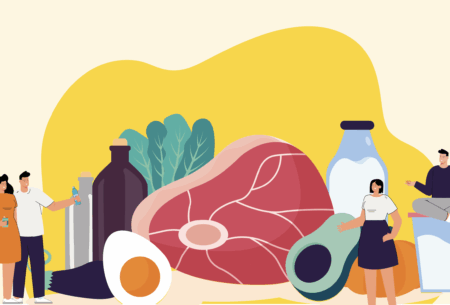As you head into 2024, are you thinking about positive changes you’d like to make, including ways to improve your gut health?
Often when people plan to improve their gut health, they focus just on what’s on their plate. For example hitting 30 plant points, prioritising home-cooked food and getting their fill of fibre.
While these are all important ways to support your gut microbiome, there are many other factors to consider when it comes to improving your gut health that you might not even know about… and I’m not referring to just the power of deep breathing, daily movement and a good night’s sleep.
So, in the spirit of a fresh year and fresh perspectives, here are some other fascinating ways that your environment can shape your gut health and how we can all embrace this for a community of happy guts in 2024!



















